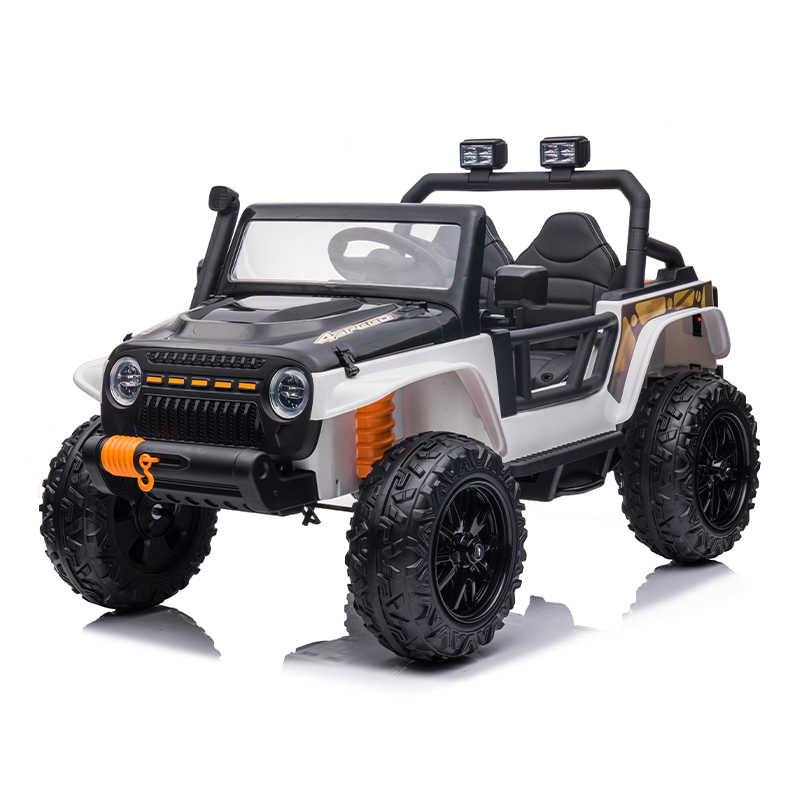Ride-on cars are not only fun for typical children; they also offer a range of developmental benefits for children with special needs. These miniature vehicles provide an inclusive and engaging platform that supports various aspects of physical, cognitive, and social development. Let’s explore how ride-on cars positively impact children with special needs.
1. Physical Therapy: For children with mobility challenges, ride-on cars offer an enjoyable way to engage in physical therapy. Operating the car’s pedals and steering wheel helps improve muscle strength, coordination, and motor skills.
2. Sensory Stimulation: Riding a car outdoors provides sensory stimulation that can be particularly beneficial for children with sensory processing disorders. Feeling the wind, hearing sounds, and observing changing environments contribute to sensory integration.
3. Balance and Coordination: Riding a car challenges balance and spatial awareness, which can be especially valuable for children with motor delays or coordination difficulties. Regular use can contribute to improved balance and coordination over time.
4. Social Interaction: Ride-on cars encourage peer interaction and social play. Children with special needs have the opportunity to engage in cooperative play, share experiences, and develop social skills alongside their peers.
5. Cognitive Development: Operating a ride-on car involves problem-solving and cause-and-effect understanding. This cognitive engagement is beneficial for children with learning disabilities or developmental delays.
6. Boosting Confidence: Successfully driving a ride-on car boosts a child’s self-confidence and sense of accomplishment. This sense of achievement can positively impact overall self-esteem.
7. Inclusive Play: Inclusion is crucial for children with special needs. Ride-on cars allow these children to participate in the same play activities as their typically developing peers, fostering a sense of belonging.
8. Customization: Some ride-on cars can be adapted to accommodate specific needs. Adjustable seating, supportive harnesses, and modified controls can ensure a comfortable and safe experience for every child.
9. Therapeutic Play: Ride-on cars provide a form of therapeutic play that is enjoyable and engaging. Children may be more motivated to participate in therapy sessions when they involve something as exciting as driving a car.
10. Family Bonding: Parents and caregivers can engage in interactive play with their children using ride-on cars. This bonding experience not only supports development but also creates meaningful connections.
Ride-on cars offer a valuable avenue for children with special needs to experience the joys of physical activity, social engagement, and cognitive stimulation. By recognizing and harnessing the benefits of these vehicles, caregivers and educators can provide inclusive and holistic developmental support.


















